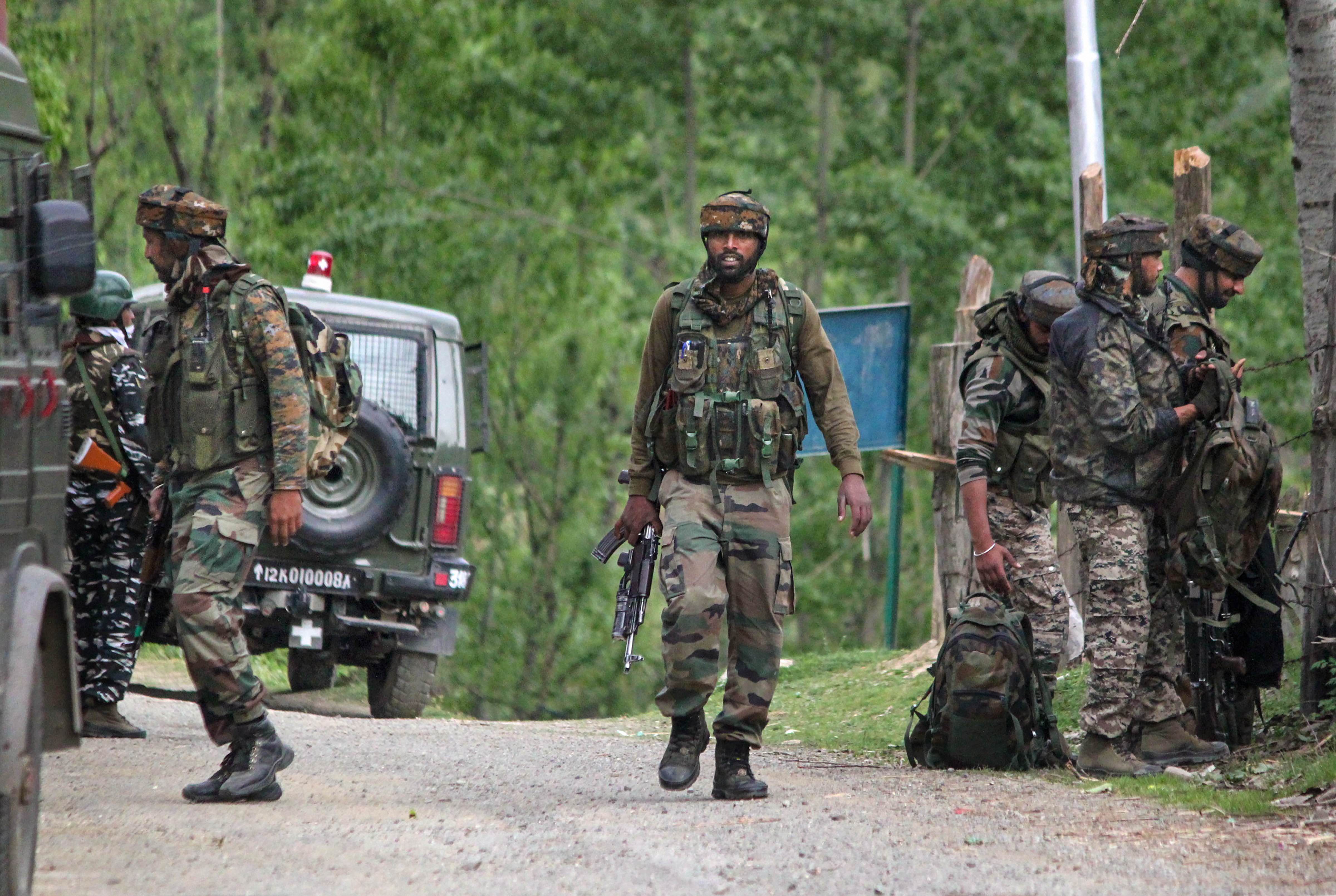In a landmark judgment earlier this year, which upheld the freedom of speech as well as the unrestricted right to expression, the Supreme Court had declared that access to the internet is a fundamental right. It now appears that the Jammu and Kashmir administration and the Centre do not share the court’s wisdom and inclusive vision on the matter. Responding to a plea filed by the Foundation for Media Professionals seeking the court’s direction to restore high-speed internet services in Kashmir, the state administration has made two observations that must be examined and debated. The submission said that restoring high-speed connectivity — the administration has only restored 2G services since the end of March — is likely to make it easier for militant organizations and their handlers in Pakistan to circulate propaganda on social media to foment trouble. The powers that be are also of the opinion — this is the heart of the problem — that protecting the sovereignty of the nation and the State and negating threats to public order warrant the curtailing of a freedom that the apex court has deemed fundamental. Access to internet, in the opinion of Kashmir’s administration, is merely an “enabler” of rights instead of being a fundamental right by itself.
The concern for security cannot be dismissed. Periodic violence — the encounter in Handwara is a case in point — continues to plague Kashmir in spite of the assurances of normalcy by the Narendra Modi government. The shadow of insurgency has strengthened the logic of prioritizing security over basic entitlements. But there is another way of looking at the problem. Can the upholding of fundamental rights not be one way of dousing the fire of insurgency? Indeed, the granting of freedoms and an unhindered access to critical public utilities — the internet is one — have been known to reduce the trust deficit between people and governments. There is thus a need to find a balance between people’s rights and public security. But the thrust, as always in Kashmir’s case, is to portray rights to be in conflict with national security. The administration’s argument that measures to check the misuse of the internet that are in place in the rest of India have limited scope in Kashmir is an example of hawkishness. If such a limitation does exist, what is preventing the State from investing in better technologies to make the internet a safer medium in Kashmir? Is the trampling of fundamental rights far easier — desirable? — than ridding the internet of evil?











